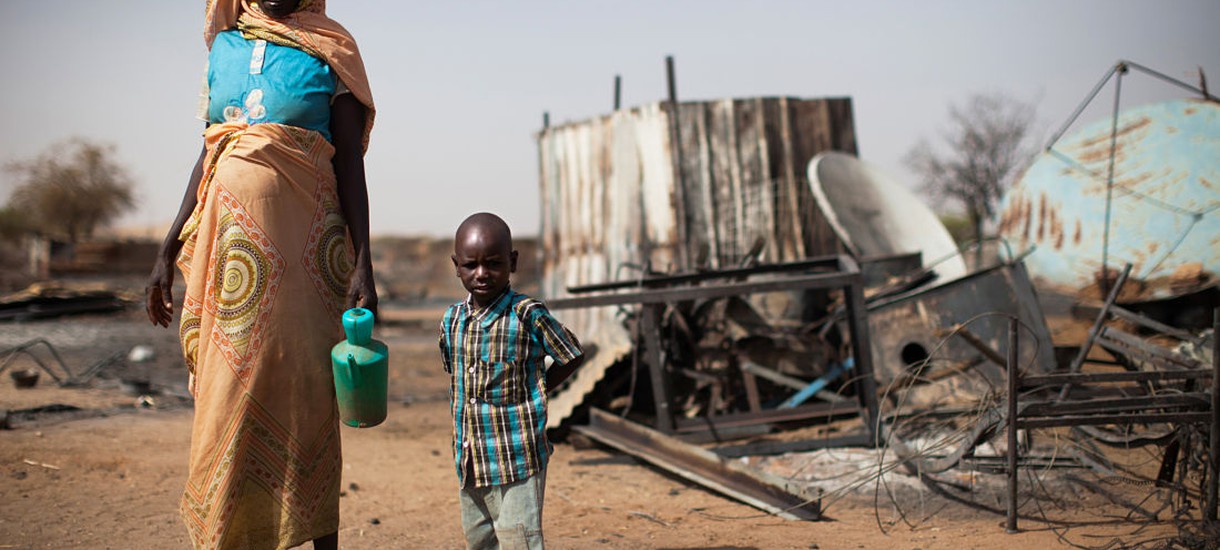In a world where the echoes of injustice reverberate through the corridors of our societies, the concept of Afrotopia emerges as a beacon of hope and transformation. At its core, Afrotopia represents a visionary approach to reimagining the future of African communities both on the continent and in the diaspora, embedding principles of equity, justice, and communal well-being. This article embarks on an exploration of criminal justice research topics through the enriching lens of Afrotopian thought, aiming to shed light on the systemic issues plaguing our justice systems and propose Afrotopian-inspired solutions. Integral to this vision is the influence of Afrofuturism artworks, which envision a future steeped in African traditions and technological advancement and offer critical commentary on present-day social issues, including those within the criminal justice system. These artworks inspire the imagination, challenging us to envision a world where justice prevails, fueled by the innovative spirit and resilience of the African diaspora.

The Foundation of Afrotopian Thought
Afrotopia is not merely a utopian dream but a tangible blueprint for the future, deeply rooted in the rich tapestry of African philosophy and historical resilience. It advocates for a society where justice prevails and the dignity of every individual is upheld. In the context of criminal justice, Afrotopian thought challenges us to question existing paradigms and seek reforms that genuinely serve and uplift African communities. This approach necessitates a deep dive into criminal justice research topics from an Afrotopian perspective, critically analyzing and addressing the systemic injustices that disproportionately affect African communities. By integrating this focus, we aim to explore solutions that are not only effective but also equitable and transformative, embodying the principles of Afrotopian thought in the pursuit of a just society.
Criminal Justice Research Topics from an Afrotopian Perspective
Disproportionate Incarceration Rates: The staggering racial disparities in incarceration rates highlight a systemic bias that disproportionately affects African communities. Through an Afrotopian lens, this issue prompts a reevaluation of sentencing policies and a push for decarceration strategies that address the root causes of crime.
Policing and Community Relations: The strained relationship between law enforcement and African communities underscores the need for policing practices that prioritize empathy, respect, and collaboration. Afrotopian thought encourages the cultivation of trust and partnership through community policing models that empower local residents.
Restorative Justice Practices: Restorative justice, with its focus on healing and reconciliation, aligns with Afrotopian principles of community cohesion and conflict resolution. This approach seeks to mend the harm caused by criminal behavior through dialogue and mutual understanding, offering a profound alternative to conventional punitive measures.
Juvenile Justice Reform: Recognizing the unique vulnerabilities of African youth entangled in the criminal justice system, Afrotopianism advocates for reforms that prioritize rehabilitation, education, and support services, aiming to redirect young lives towards positive futures.
The War on Drugs: The war on drugs has inflicted disproportionate harm on African communities, fueling mass incarceration and systemic discrimination. An Afrotopian perspective demands a rethinking of drug policies, emphasizing treatment, harm reduction, and the dismantling of punitive frameworks.
Legal System Bias: The pervasive bias within the legal system serves as a barrier to justice for many African individuals. Afrotopian thought challenges us to confront these injustices head-on, advocating for reforms that ensure fairness, transparency, and equal protection under the law.
Afrotopian Solutions to Criminal Justice Challenges

Community-Based Initiatives
Afrotopianism champions community-based programs as vital avenues for crime prevention and rehabilitation. Initiatives such as mentorship programs, educational workshops, and economic empowerment projects exemplify the Afrotopian commitment to holistic community development.

Policy Reform and Advocacy
The journey towards an Afrotopian future necessitates bold policy reforms and relentless advocacy. By amplifying the voices of African communities and leveraging collective action, we can usher in legislative changes that dismantle systemic inequities.

Education and Awareness
Fostering awareness and understanding of criminal justice issues is a cornerstone of Afrotopian thought. Educational campaigns that illuminate the realities of systemic injustice and mobilize communities for change are crucial in building a more informed and engaged citizenry.

Leveraging Technology
Technology offers unprecedented opportunities to enhance accountability, efficiency, and community engagement in criminal justice practices. Afrotopianism envisions the use of digital platforms for transparency in policing, accessible legal resources, and forums for civic participation.

Case Studies
Several real-world examples embody the principles of Afrotopian thought in action. For instance, the implementation of community courts in certain African countries demonstrates how local dispute resolution mechanisms, grounded in traditional practices, can effectively address conflicts and reduce reliance on formal incarceration. Similarly, initiatives like the African Policing Civilian Oversight Forum (APCOF) illustrate how technology and community collaboration can promote policing reforms and accountability.
Conclusion
Afrotopian thought offers a transformative lens through which we can reimagine criminal justice systems that are truly just, equitable, and reflective of the values and aspirations of African communities. Central to understanding this transformative approach is addressing the question, “What is Afrofuturism?” Afrofuturism, closely related yet distinct, is a cultural aesthetic, philosophy of science, and philosophy of history that explores the intersection of the African diaspora culture with technology. It envisions a future in which Africans and people of African descent have a significant stake and voice. By embracing both Afrotopian principles and the imaginative scope of Afrofuturism, we can chart a course towards a future where justice serves as the foundation of our societies, and every individual’s dignity and rights are fiercely protected. The path is challenging, but the vision of Afrotopia, informed by Afrofuturist insights, illuminates the way forward, inspiring us to rethink, reform, and rebuild for the better.